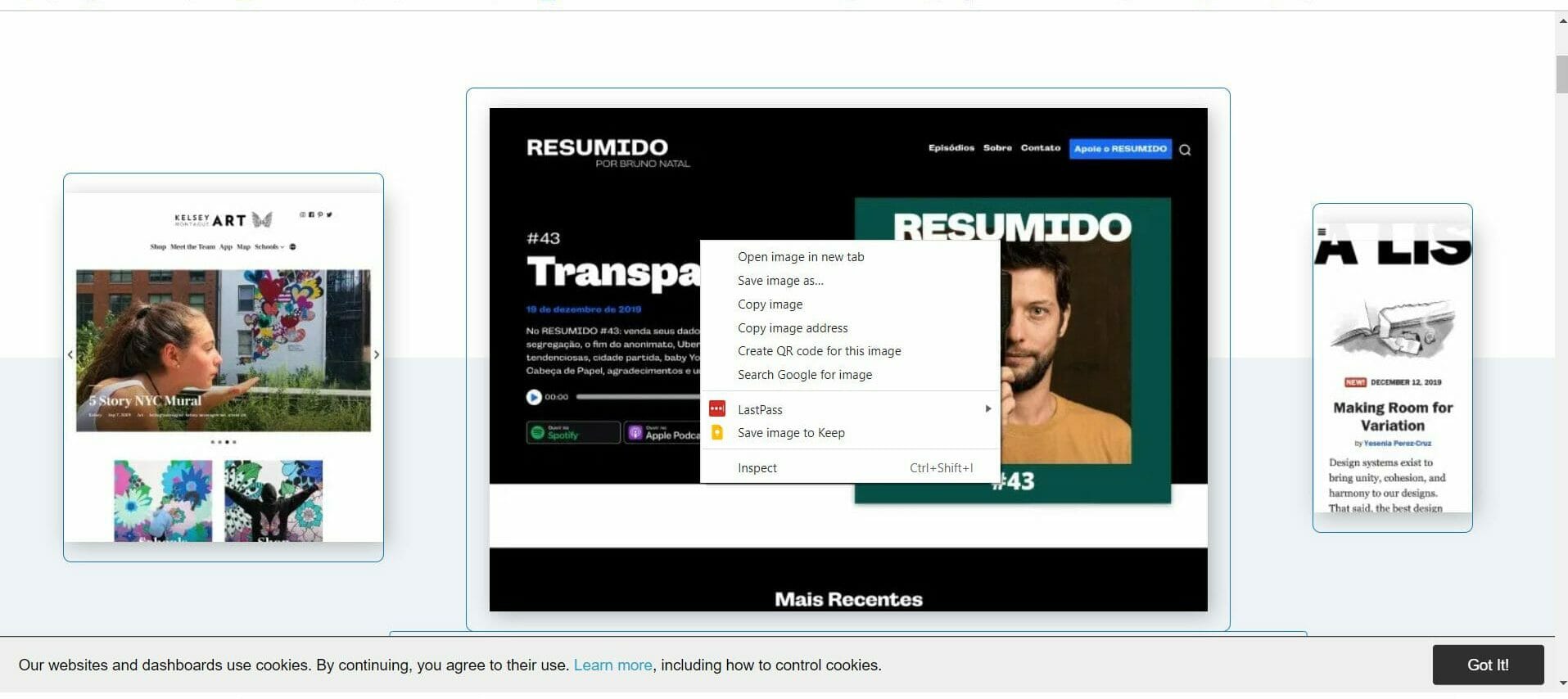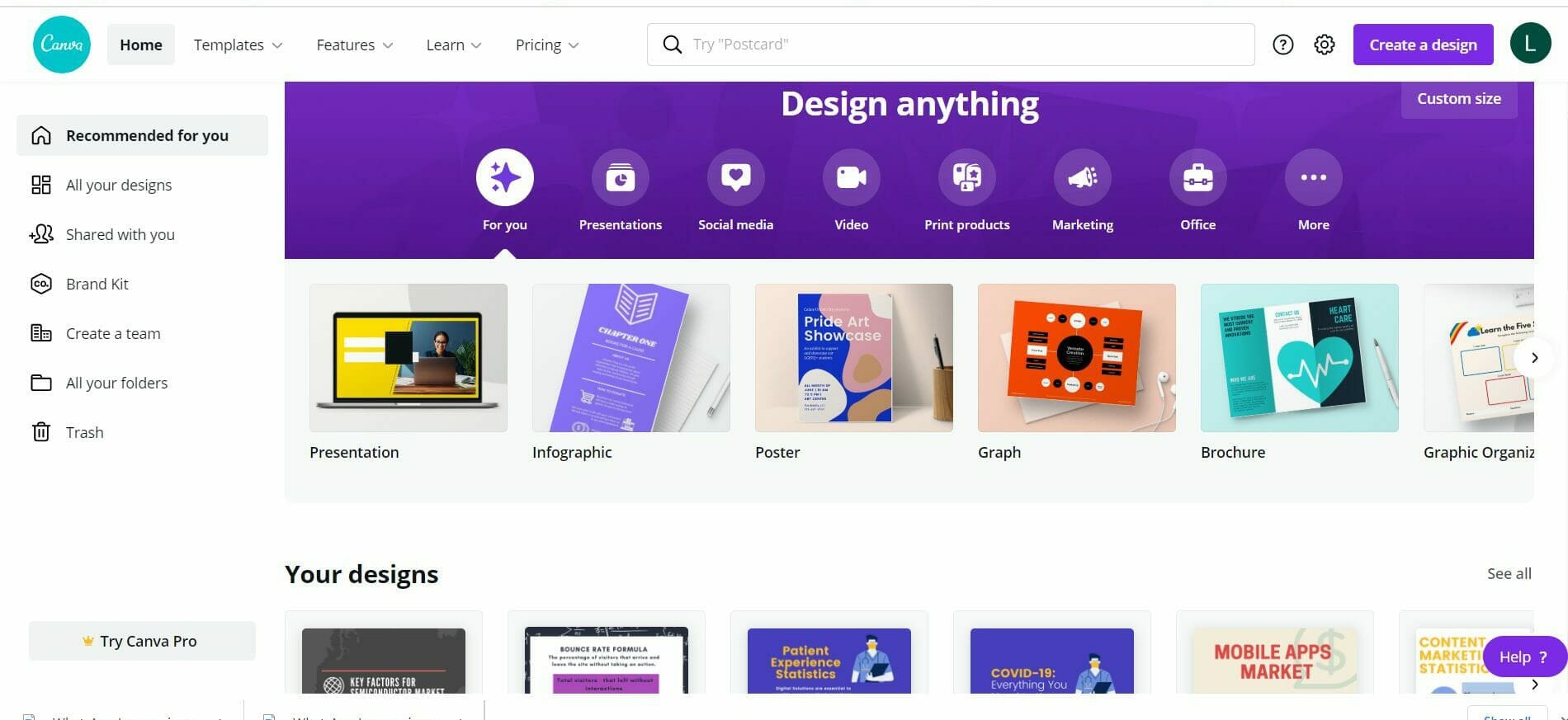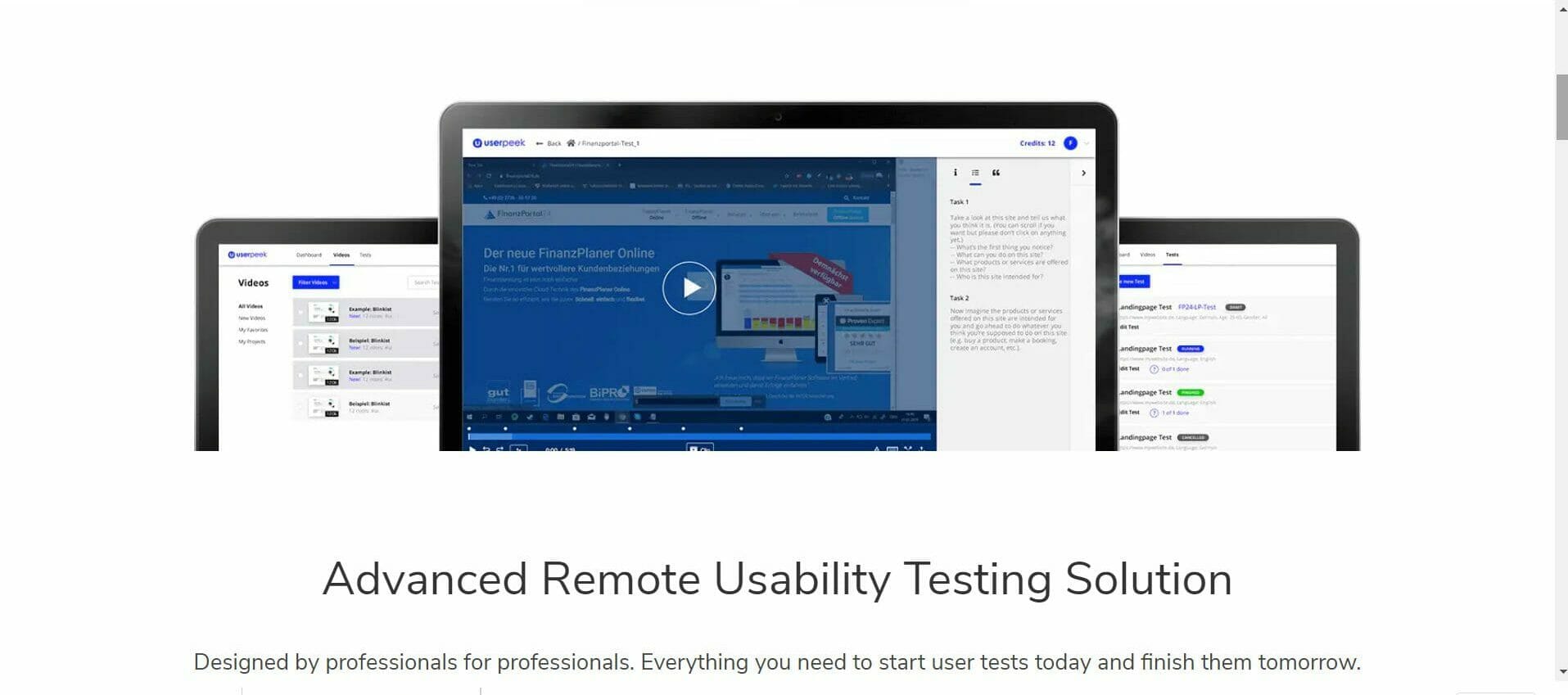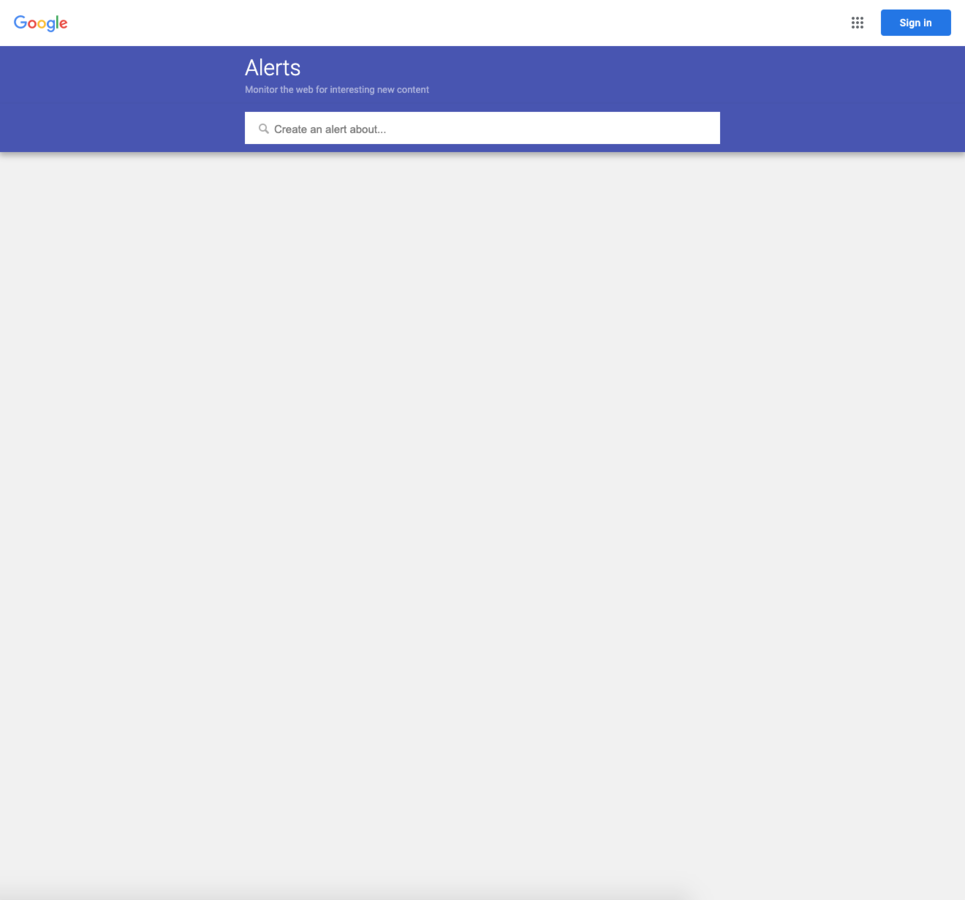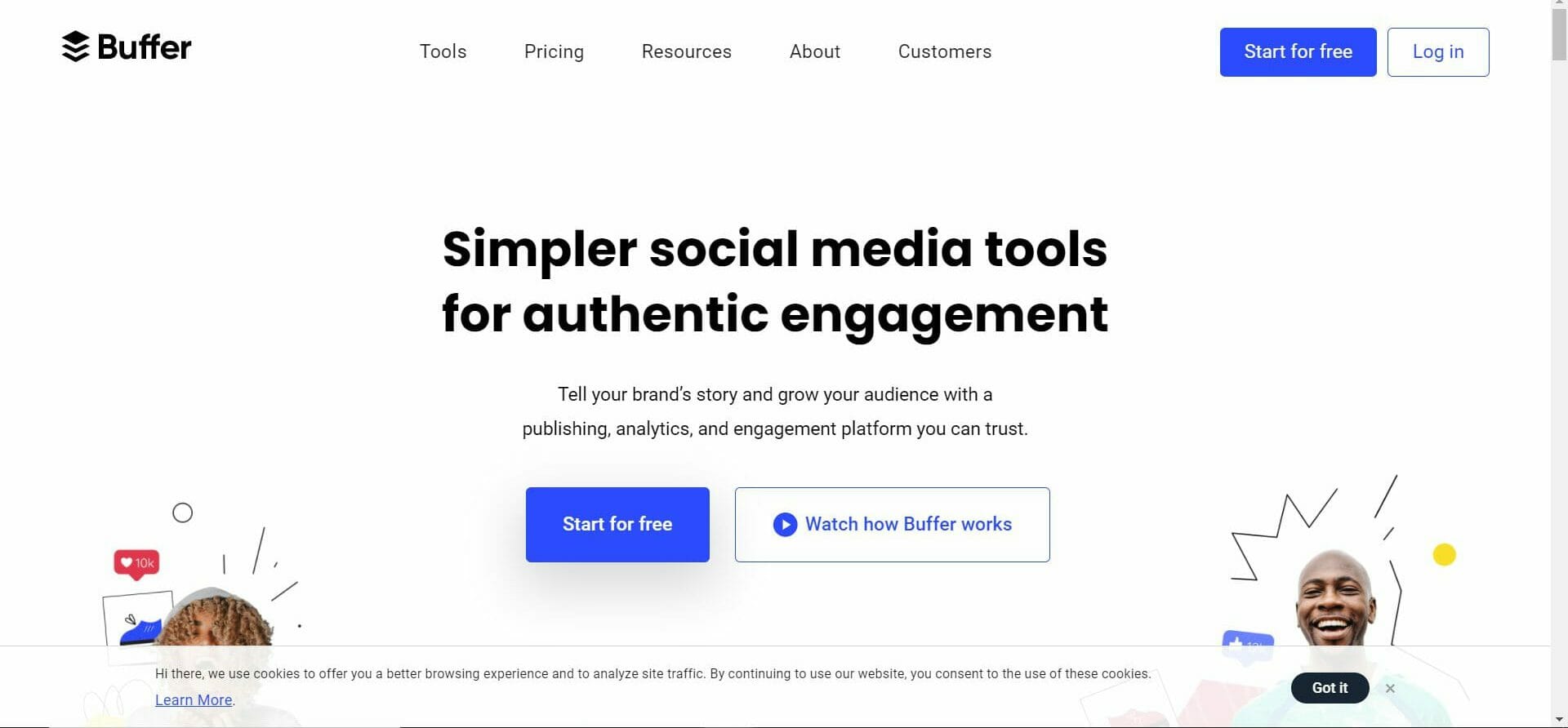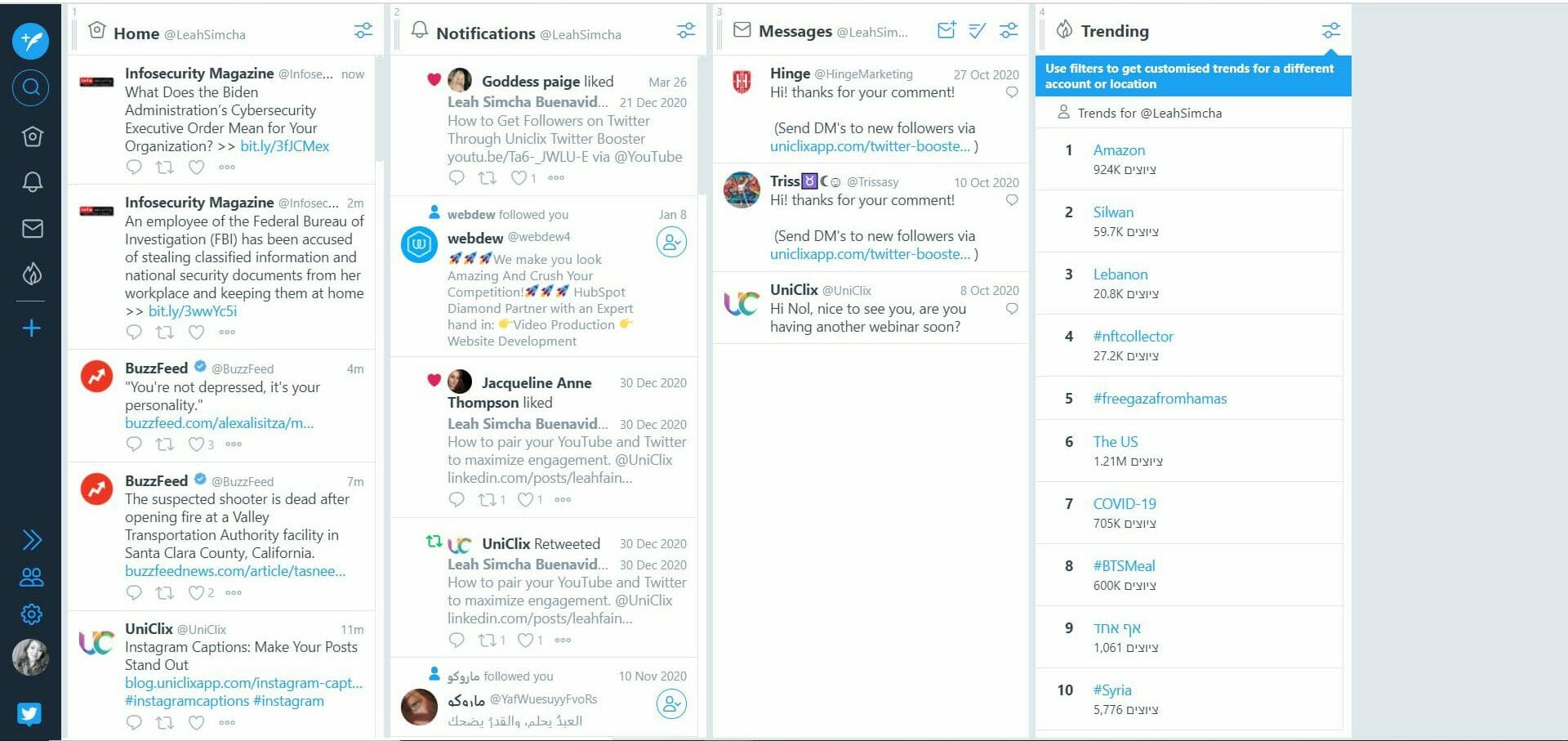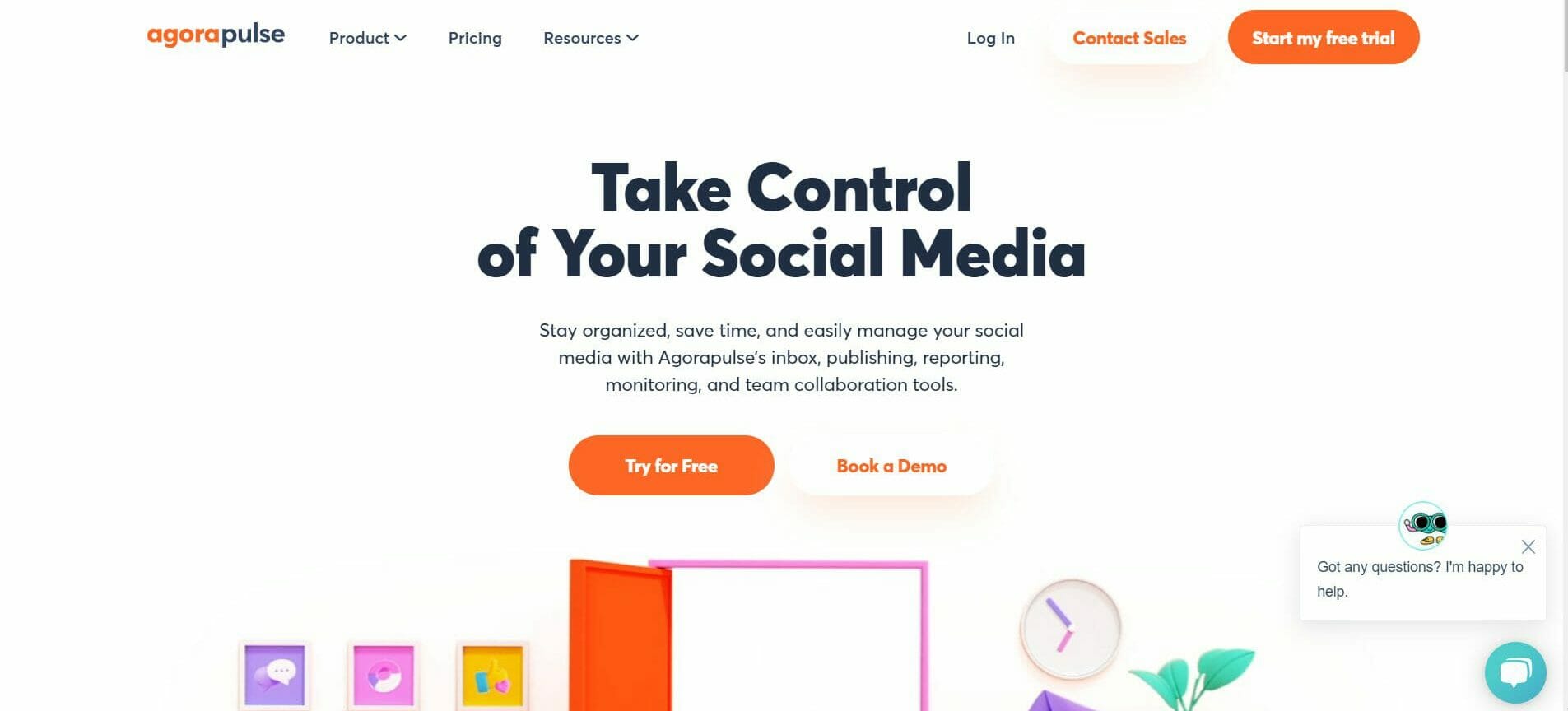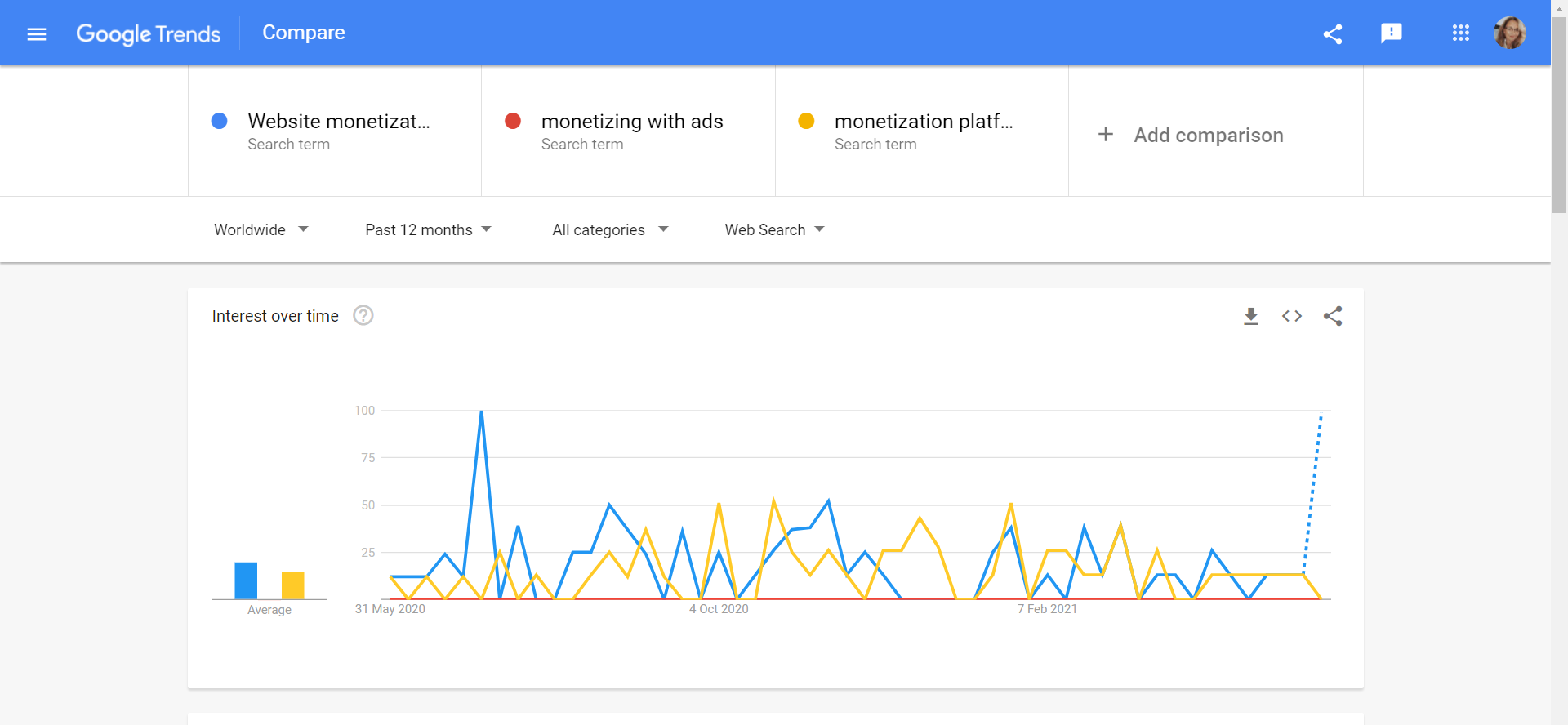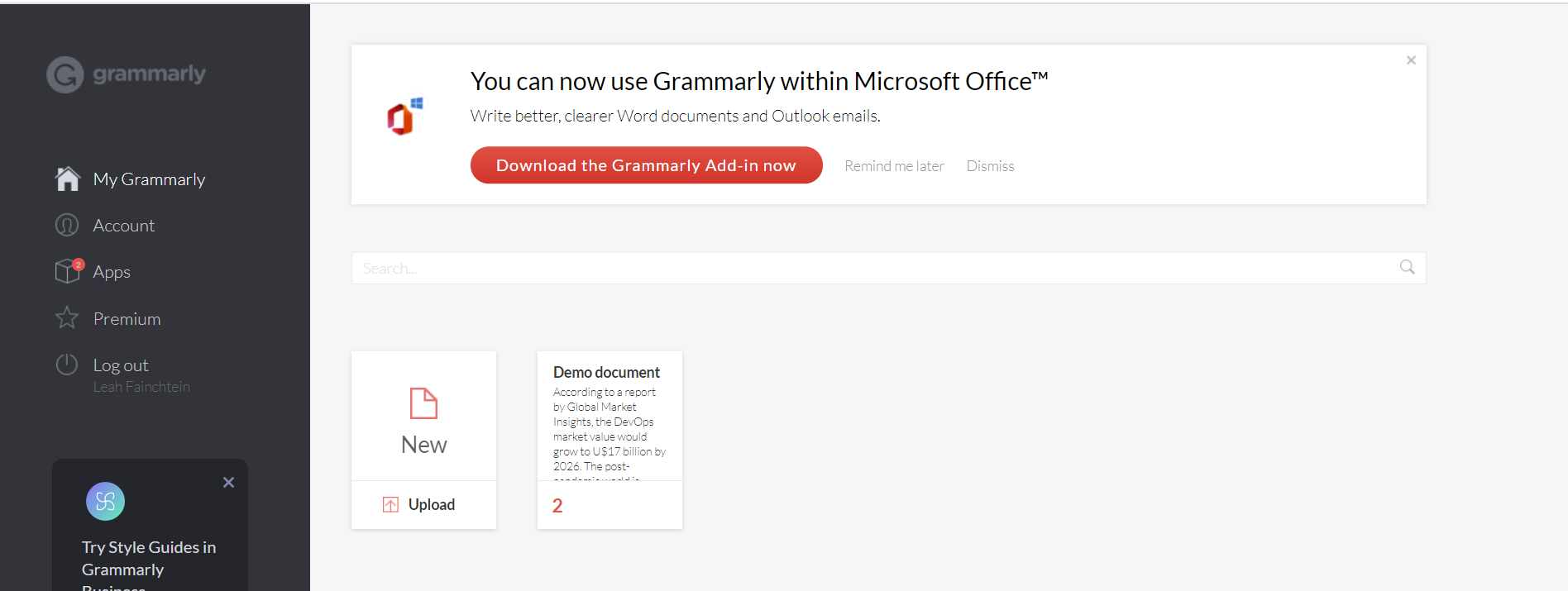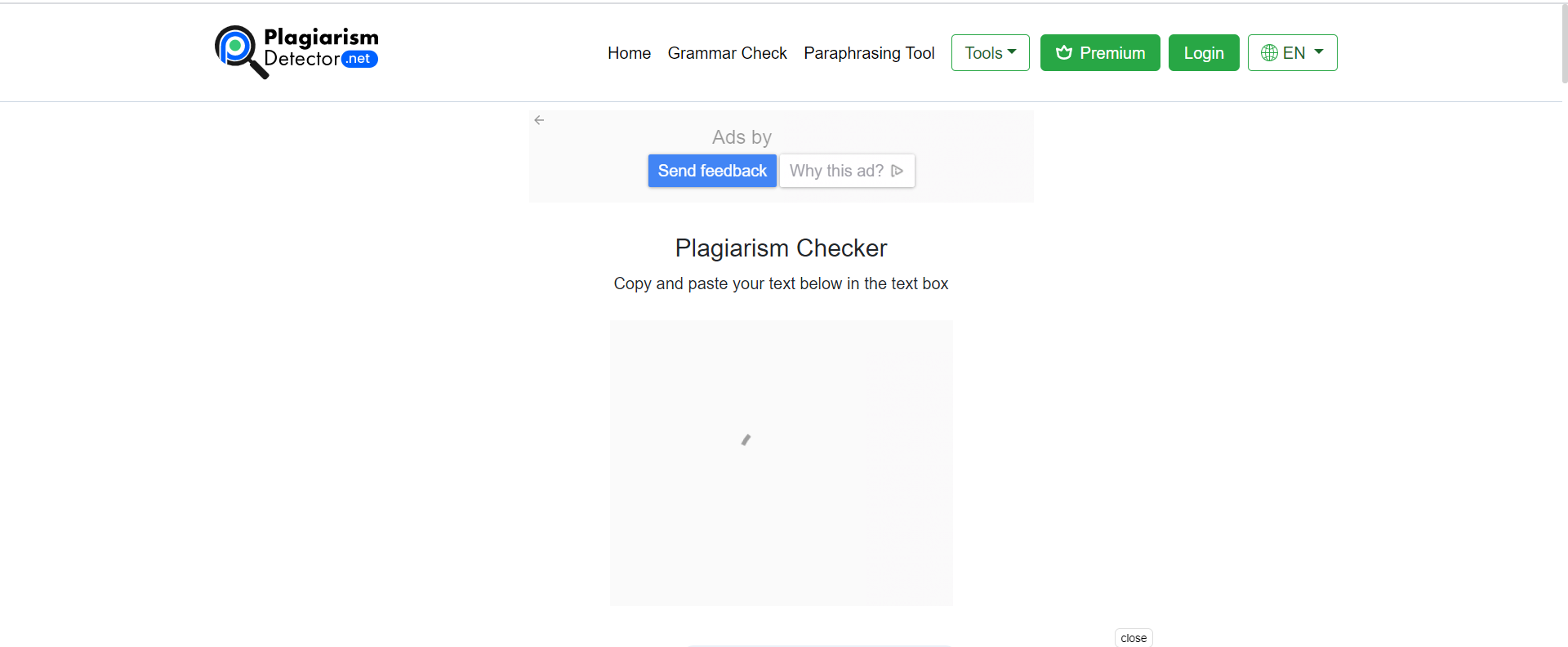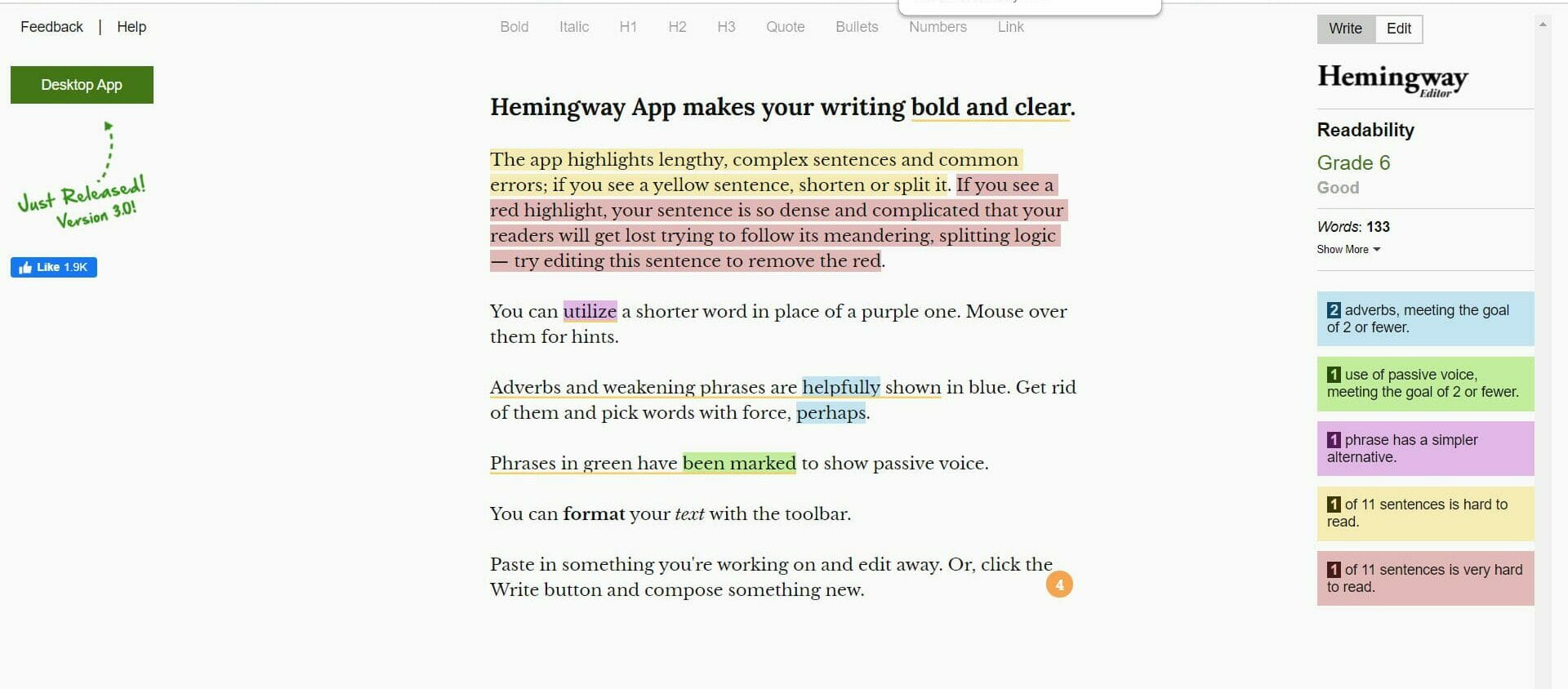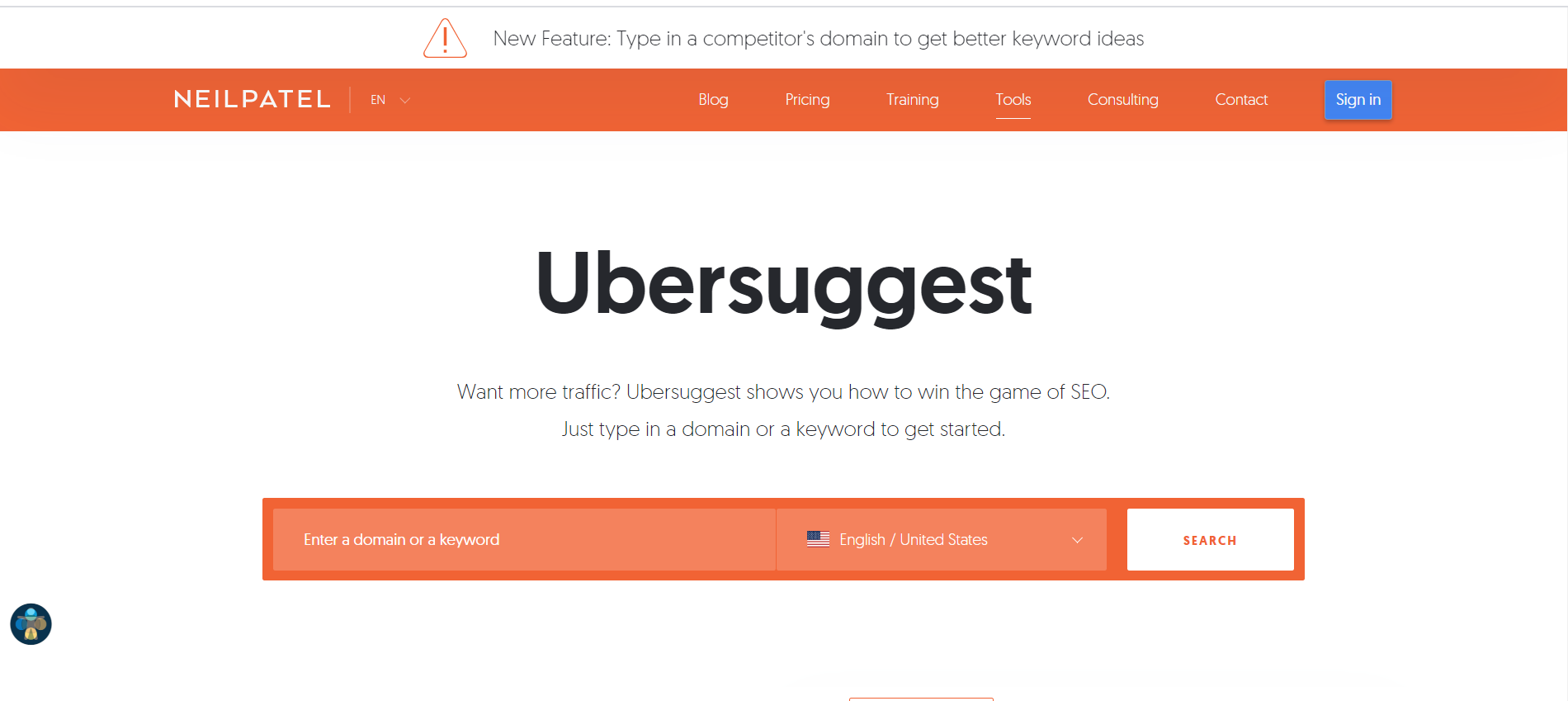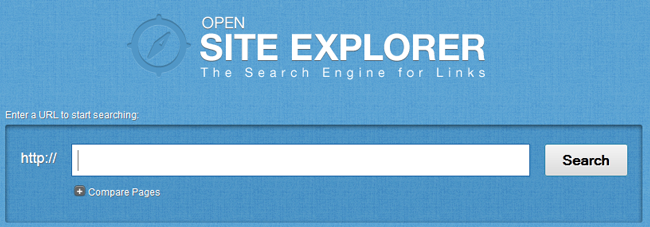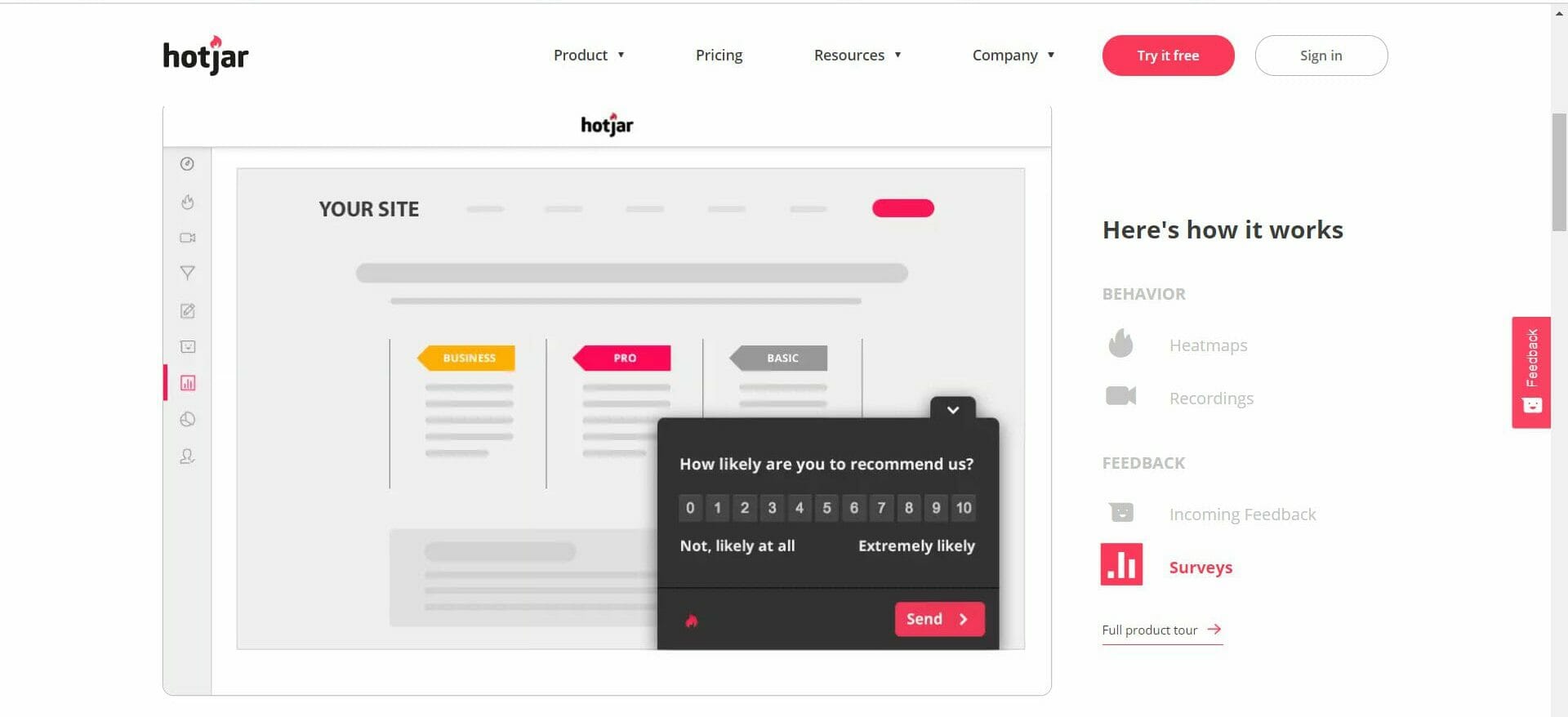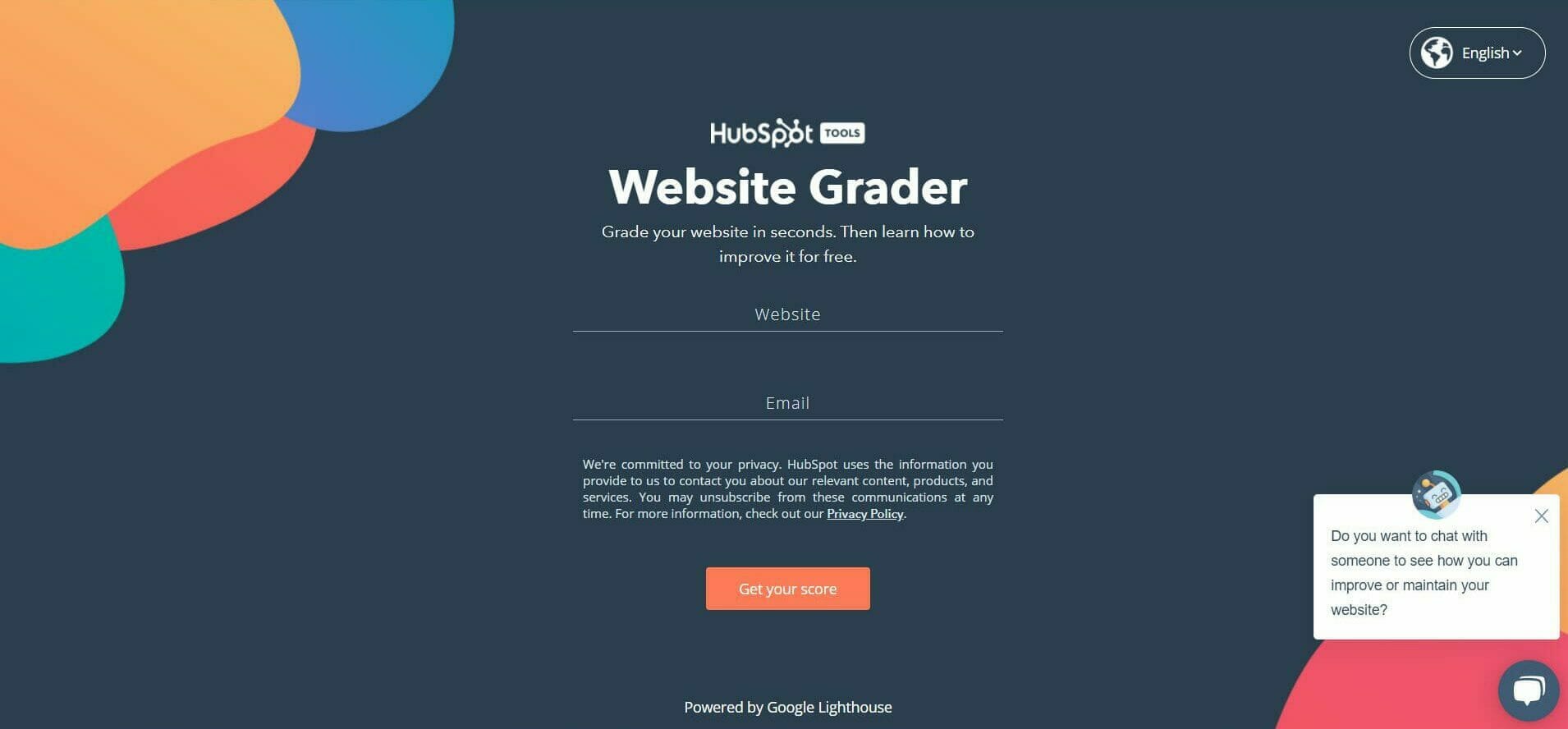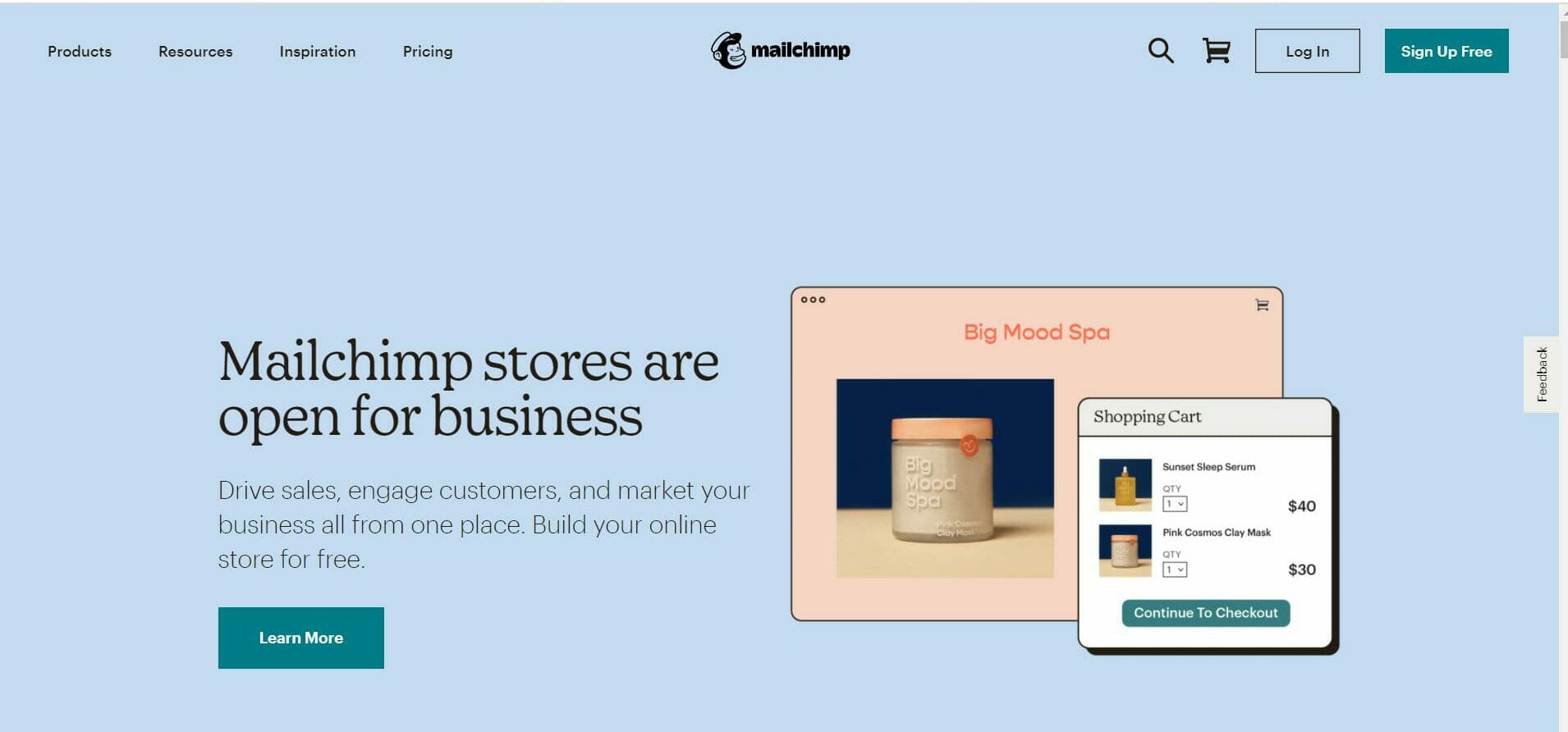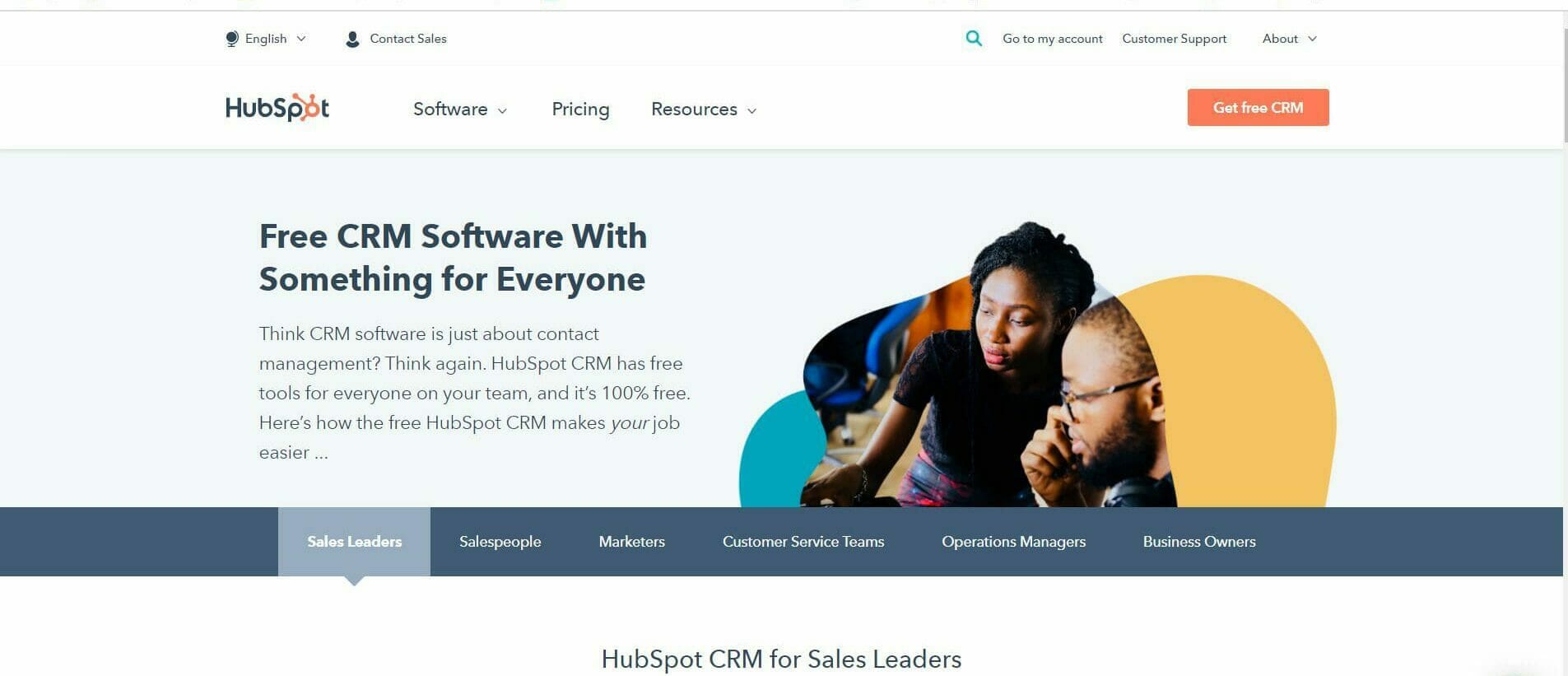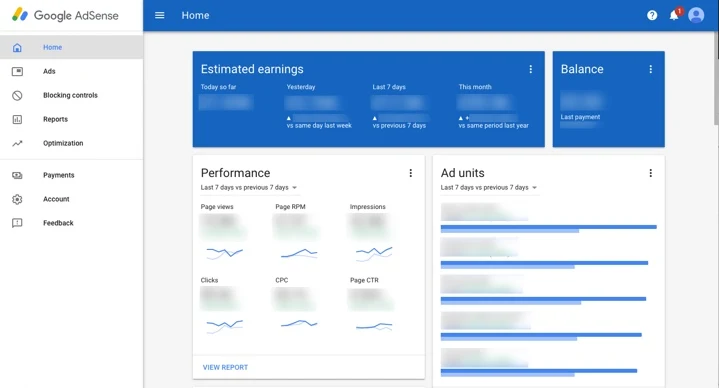Marketers in small companies or startups feel they need to spend a small fortune on the right tools to get work done. But can you get the same results with free tools?
Your marketing stack should include tools for a range of uses, from content writing, social media, SEO, and website analysis.
So, can you build your marketing stack without spending a dime?
We took this challenge and researched the top 24 free marketing tools that can help you build your stack without going over budget.
Short on time? Here you have the list.
In this post
Top Free Digital Tools for Marketers
Let’s start with four essentials for writing content, designing, testing, and research.
1. Landing Pages – WordPress
WordPress is one of the most popular content management and editing software out there. With an estimated 64 million websites and over 400 million visitors, it is a very versatile tool.
You can build your website, create, edit and publish your content. It features also many add ons and extensions that make creating and tracking metrics for landing pages easier.
2. Design – Canva
This design tool helps you create images and visuals for everything imaginable. From infographics, blog posts, ecards, prints, and whatever you need.
The site features free and paid templates for every type of content. Here at CodeFuel, we use it to prepare visuals and infographics for our content. The built-in templates make it easy to create different types of images for different social media channels.
3. Testing – UserPeek
UserPeek is a clever tool that allows you to test your product or website with real users. You can detect usability issues and get audience insights. You can set the test scenarios and tasks, or choose from test templates. The solution lets you test websites, apps, copy, images, and ads.
4. Google Alerts
This tool can help you track trends and monitor the web for topics that interest you. You can check search results for a given query. Setting a Google Alert can save time since you can set keywords and get an alert every time there is new content related to it.
Social Media Free Tools
Investing in solid social media is a key strategy to drive engagement and grow your consumer base. Being consistent and covering your channels is at the base of every social media strategy. Social Media Management and scheduling tools make your life easier.
5. Social media scheduling – Buffer
Scheduling your social media posts has several advantages:
- Create your posts in one go and publish them at the best time over the week or even month.
- Plan your entire weekly or monthly strategy and see it through. It gives you a bird’s eye over the entire strategy.
Buffer’s forever free plan allows you to connect one profile from each channel (Twitter, Facebook, and so on). You can schedule up to 10 posts for each network.
6. Manage your Twitter – TweetDeck
You can manage your Twitter profile from the platform but if you have something more professional you can try TweetDeck’s free plan.
TweetDeck is a free tool that allows you to manage easily multiple (unlimited) Twitter accounts. It provides a single dashboard and unified interface. You can monitor lists, searches, and hashtags.
7. Facebook analytics tools – Agorapulse
With Agorapulse you have two different free Facebook analytics tools. The first tool allows you to compare your page according to the market benchmark. You can monitor then how your content is performing regarding the market average and which metrics you need to optimize. The second tool is for competitor analysis.
The reports can be done at the page level or timeline level, according to paid, organic, or viral reach. You can even calculate the ROI of your Facebook marketing.
Marketing Research Free Tools
Every successful marketing strategy starts with great research. Good research tools don’t need to be costly. Here are some options to do great research.
8. Trend research – Google Trends
If you’re looking to quickly search if a keyword or topic is trending, you should have a go with Google Trends.
See what the world is searching for right now and over time. For instance, I wanted to know the interest in “website monetization”, “monetizing with ads” and “monetization platform” search terms.
So, I imputed those terms into Google Trends and it looks like there is an interest in those concepts.
9. Research – Google Scholar
Contrary to what you may think, this tool is not only for researching heavy science papers and reports. You can search online studies from universities, thesis, books, professional societies papers, on a wide variety of topics. If you add a Google Alert to it, you can get instant insights right to your email.
10. Blog Topics search – Answer the Public
This tool is a great starting point for question queries. Basically, you can input keywords and the platform will tell you what are the most common questions asked about that topic. The tool takes autocomplete data from search engines and presents the phrases and questions people are asking around your keyword.
Content Writing Free Tools
At the core of a successful website is great content. That’s why “Content is King” is heard by marketers everywhere. To write well, you’ll need to produce something interesting and unique, take care of your grammar and spelling, and be easy to read. Here are free tools you can use to improve your writing.
11. Write well – Grammarly
The free Grammarly is more than a grammar and spell checker. It gives you suggestions on clarity, synonyms, and other basic issues. While the premium package acts almost like a writing tutor, you can have great results with the free version.
They have an online editor and a plugin for Google Docs, that checks your writing while you are producing it.
12. Check for plagiarism – Plagiarismdetector.net
To be effective, content should be unique. With millions of articles, blog posts, and copy it is difficult to sure whatever you write is 100% original. Checking for plagiarism is key for producing original content that doesn’t get you flagged in search engines.
Plagiarism report is free and checks the uniqueness of your content against millions of online pieces. It analyzes the text not only based on words but also lexical frequency. To use it: upload a file, copy/paste the text into the tool’s editor or the URL.
13. Readability – Hemingway
Your content should be easy to read so you don’t bore or annoy your readers. Hemingway app helps you to grade your text for readability. It checks adverbs, passive voice, and complicated sentences.
Website Analysis Free Tools
To ensure your marketing efforts are successful you should track your website metrics. Here you have some free tools that can help you.
14. Keyword research – Ubersuggest
Having the right keywords is critical for connecting with your audience. One of the best free tools out there is UberSuggest, by Neil Patel. This tool gives you long-tail keyword suggestions and content topic ideas. The paid tier also includes competitor analysis and other features.
15. SEO – Open Site Explorer
Open Site Explorer was developed by Moz to track the links that lead to your website. This optimization tool works as a search engine for links. While some of the filtering and comparison metrics are free, you’ll need an account for more advanced reports.
You can discover which links are pointing to your website and increase the authority. This, in turn, will increase your ranking in search engines.
16. Analytics – Google Analytics
Google Analytics tracks the traffic to your website. It is free and gives you a ton of info. You can see traffic from different networks, look at the engagement with Time on Page rates. Google Analytics gives you real-time statistics of who is looking at your website.
17. Heatmap – HotJar
You know that users are visiting your website, how long they stay, and the pages they visit. But do you know exactly where do they look? Where they click? How far do they scroll?
Hotjar is a free tool that shows you in a heatmap how users are experiencing your website. You can see where they click, where they scroll. It is extremely valuable to see how someone interacts with your blog posts.
18. Analyze your headlines – IsItWP headline analyzer
Having strong headlines is key to drive traffic and shares. A clickable SEO headline means your site will rank better in search results. IsitWP SEO Headline Analyzer gives an overall score to your headline, taking into account word balance, word count, power words, and other factors.
You should aim for a score of over 70 to be effective in terms of SEO. The tool also gives you tips to improve your headline. Unlike other paid tools, you can try as many headlines as you want until you find the perfect one, for free.
19. Website analysis tool – HubSpot Website Grader
Website Grader is a website audit tool that also lets you analyze your site as a comprehensive all-in-one tool for free, so what more do you need? It gives you an overall score in terms of performance, SEO, speed, and mobile responsiveness. You also get tips on how to improve your website.
Relationship Management Free Tools
To be productive, your staff needs to have visibility over your projects. Staying on top of content production and distribution, deliver timely email campaigns, and relating with clients require tools to be effective. Here are our top relationship tools picks:
20. Project management – Asana
Asana is a simple but powerful project management tool. It allows you to have visibility over the entire project cycle, add and assign tasks, get comments, share documents, all in a simple central dashboard.
You can group projects in a portfolio, manage multiple teams and projects. We use Asana to collaborate in your content production and other tasks.
21. Email marketing – Mail Chimp
MailChimp, one of the most used email marketing solutions, has a free plan you can use if you have less than 2000 people on our mailing lists. With this free plan, you can send up to 10,000 emails a month to up to 2,000 subscribers. Small businesses and personal accounts can benefit from this free account. The free plan also includes an in-built CRM.
22. CRM – HubSpot CRM
HubSpot CRM is a free complete software for contact management and productivity. It gives you visibility into the sales pipeline in real-time in a centralized dashboard. You can also get detailed reports on productivity, sales, and individual performance.
This tool is free with unlimited users and up to a million contacts. So, in our opinion, it has nothing to envy from paid CRM software.
Monetization Free Tools
Creating great content and having a high-performance website or app is just the first step. The goal of every company is ultimately to make money from their online properties. That’s why choosing the right monetization method and platform is critical.
23. Monetization platform – CodeFuel
There are many monetization options for applications or websites available. You can use a different solution for every goal but it can be time-consuming having to track all the monetization methods you use. Instead, use a monetization platform that covers all your digital properties.
Codefuel is a complete free monetization platform that allows you to leverage user intent to display search and shopping ads to monetize a website, application, or extension.
24. Google AdSense
AdSense is one of the most popular free monetization options that works by displaying ads on your website. To qualify for Google AdSense your site needs to meet certain conditions. While widely popular and offering a huge reach, the earnings of using AdSense can be on the lower side. It may also not be suitable for niche sites.
Paid vs Free
Should you use a free tool? Or maybe your company needs to upgrade to a paid version? While this will depend on your company’s size and goals here you have some pointers to help you decide.
Who may use free tools
Most free tools have a limit on the number of users, contacts, or other factors. Therefore, free tools are best suited to small and medium businesses or solopreneurs. That being said, these will really depend on the company’s activity. For instance, a large company that doesn’t have yet a big email list can use free email marketing tools.
An exception may be monetization platforms since they are best suited to companies that generate a sizeable amount of traffic.
Who may need a paid tool
Large enterprises that go over the limit of customers or users may need to upgrade their marketing stack to include paid tools. In many cases, upgrading to a paid version implies substituting the tool. Other companies invest in paid tools because of extra features.
That’s a Wrap!
Well, that was a handful, but we hope you can benefit from our complete list of free tools. In that list, you can have a free tool for every need in your stack. Building a successful marketing stack doesn’t mean you need to invest a fortune beforehand. From content creation to website analysis and monetization, you can find the tool you need, for free.


